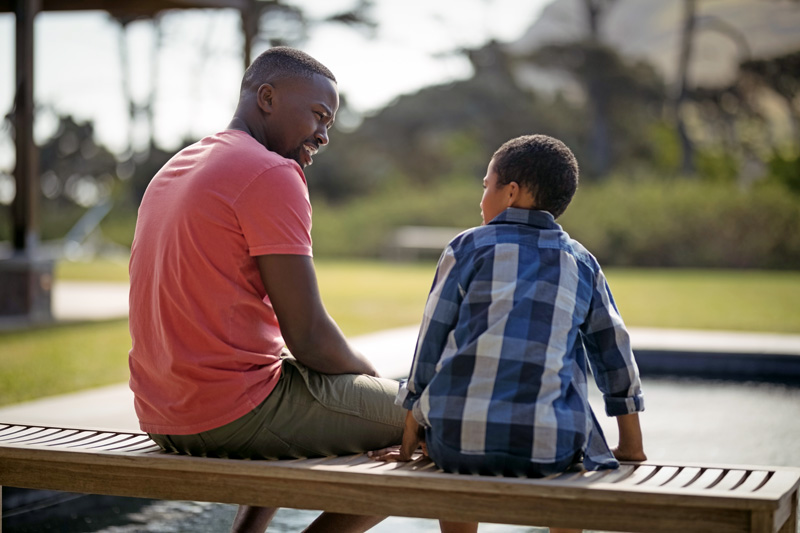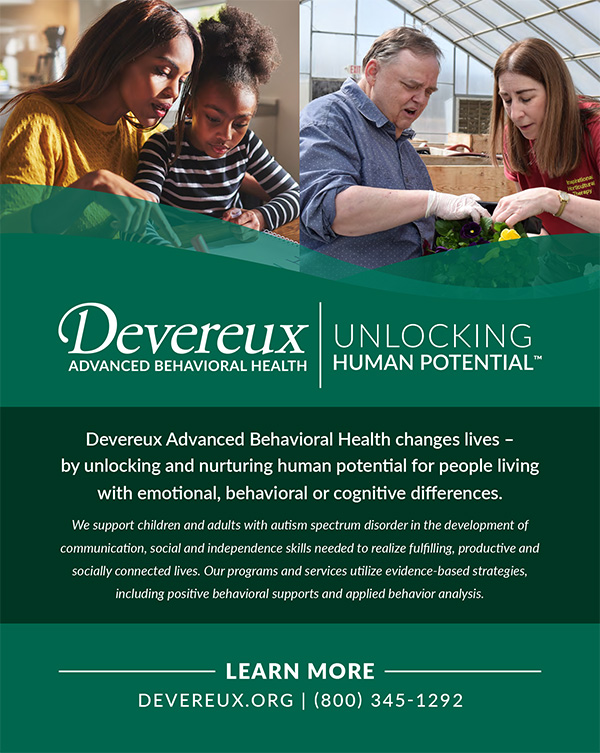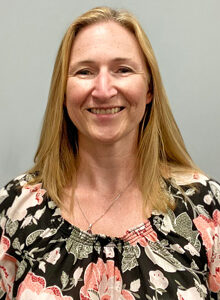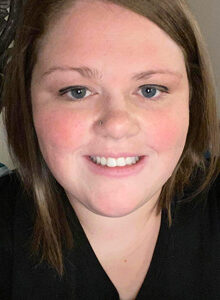For most adults, an important quality of life factor is romantic/sexual relationships. Autistic individuals are no different. However, they are less likely to receive sexual education in a proactive framework than their neurotypical peers (e.g., Sala et al., 2019). When sexual education is provided to autistic individuals, it is often in response to a problematic behavior, such as public masturbation, disrobing, non-consensual touch, etc., rather than proactively (Tullis & Zangrillo, 2013). Thus, the information Autistic individuals receive on sexuality focuses primarily on biological content and self-awareness/safety rather than helping them understand their own personal sexuality and how to have meaningful relationships (Sala et al., 2019). Stereotypes of autistic individuals’ sexual awareness, such as asexuality or sexual immaturity, create additional barriers to accessing proactive sexuality education (MacKenzie, 2018). What research clearly indicates, however, is that autistic individuals are sexual beings and need education to understand their sexuality and support their quality of life (Hamrick et al., 2020).

Autistic individuals are incarcerated for sexually based offenses more frequently than their neurotypical peers, which can partially be attributed to a lack of proper sexuality education and a manifestation of their autism (Mogavero, 2016). Sexuality education offers vital safety skills that can help prevent abuse, teach advocacy, and offer positive avenues for sexual expression (Tullis & Zangrillo, 2013). Despite the demonstrated need, few available materials and resources are designed for teaching autistic individuals about sexuality. Of those materials, there is a paucity of research on their effectiveness (Sala et al., 2019). However, reviewing existing evidenced-based strategies offers insight into addressing the question of when and how to proactively teach comprehensive sexuality education to autistic individuals and how to respond to challenging sexual behaviors.
Unfortunately, when autistic individuals do not receive proper sexuality education, they may not be aware that their behaviors are contextually inappropriate. Further, the behavior observed may not even be based on fulfilling a sexual need. When sexual behaviors occur that are identified as dangerous, harmful to self or others, or contextually inappropriate, it is important to understand why the behavior is occurring so that an appropriate treatment plan can be designed. The first step in developing the plan is conducting a functional behavior assessment to understand the maintaining function. What may appear to be a sexual behavior (e.g., hands in pants), may be a behavior that a student has learned that allows him to escape from a task to go to the bathroom (Hamrick et al., 2020). Once a function has been identified, a behavior plan can be developed to address the behavior based on the function rather than the topography. If the function of putting hands in pants is to escape, the student might be taught to request a break from class. If the function is sensory and the student is attempting to masturbate, they may be provided with socio-sexual education that would teach appropriate public versus private behavior.
What is the appropriate age to begin sexuality education for autistic individuals? Parents/caregivers and educators often focus on the limitations of the individual’s developmental age as opposed to teaching to chronological age when considering sexuality education. Furthermore, perceptions that talking about sex will increase the likelihood of sexual behavior occurring is an additional barrier to early awareness. Research, however, suggests that autistic individuals who are not provided with proactive sexuality education are at increased risk for unplanned pregnancy, sexually transmitted infections, and sexual abuse (Hamrick et al., 2020).
According to the National Sexuality Education Standards (NSES), by second grade children should be able to label the proper names for body parts and by eighth grade adolescents should be able to understand and describe male and female reproductive systems. Travers, (2018) suggested that professionals and caregivers utilize Guidelines for Comprehensive Sexuality Education (CSE) developed by the Sexuality Information and Education Council of the United States (SIECUS, 2004) as a framework for teaching sexuality education for autistic students. Guidelines can be tailored to the needs of each individual and implemented proactively rather than as a response to problematic behaviors.
Although there are a variety of evidence-informed materials tailored to individuals with developmental disabilities and autism, little attention is given to how to teach these skills using effective evidence-based strategies (Travers et al., 2018). A generic curriculum is not sufficient for a population with such diverse needs. Not only must curriculum be individualized, but the teaching style must be tailored to individual needs as well.
In 2017, The National Professional Development Center (NPDC), systematically reviewed research studies to determine the 27 most effective evidence-based interventions for professionals to use with autistic individuals. Many of these strategies are rooted in Applied Behavior Analysis. Wolf et al., (2019) systematically reviewed nine commercially available socio-sexuality curricula to evaluate the use of 12 of these evidence-based teaching strategies. These included, modeling, visual strategies, task analyses, social problem solving, role-playing, strategies for generalization, story-based interventions, direct instruction, and scripting. Across the nine curricula, only three evidence-based interventions were consistently implemented (visual strategies, social problem solving and role-playing). This suggests that learners may not be accessing the information necessary and that a more individualized approach may be necessary when teaching autistic individuals.
Devereux’s Community Adult Autism Partnership Program (CAAPP) recently piloted a commercially available sexuality and relationships education curriculum with a small cohort of autistic adults. Significant modifications to the standard curriculum were necessary to address individual needs. By adding additional visual supports, teaching at a slower pace, offering additional opportunities for role playing and regularly incorporating behavior skills training (BST) into the didactic instruction, teachers were able to deliver an individually structured framework of the curriculum. Critical to success was that the instructors were comfortable discussing sexual content and able to offer accurate and fact-based information and participants felt that they were part of a supportive and non-judgmental group.
In an environment where uncensored social media content and the internet are so easily accessible, sexuality education is essential for all children and adolescents. Parents, caregivers, and educators are important partners in providing factual, age-appropriate, and accurate sexuality education to autistic individuals who have a demonstrated need for sexual awareness and safety, as well as a right to express themselves sexually and engage in romantic relationships.
Kate Langston-Rooney, MEd, BCBA, is Clinical Coordinator and Kara L. Constantine, PhD, NCSP, BCBA, is a Psychologist at the Devereux Community Adult Autism Partnership Program (CAAPP). Todd Harris, PhD, is Executive Director of Autism Services and the National Autism Consultant of Devereux. For more information about Devereux Advanced Behavioral Health, please visit devereux.org.
References
Hamrick, Jennifer, et al. “Recommendations for Implementing Comprehensive Sexuality Education for Students with Autism and Other Developmental Disabilities.” Cases on Teaching Sexuality Education to Individuals with Autism, BUSINESS Science REFERENC, 2020.
MacKenzie, A. (2018). Prejudicial stereotypes and testimonial injustice: Autism, sexuality and sex education. International Journal of Educational Research, 89, 110-118.
Mogavero, M. C. (2016). Autism, sexual offending, and the criminal justice system. Journal of Intellectual Disabilities and Offending Behaviour.
Salà, G., Hooley, M., Attwood, T., Mesibov, G.B., & Stokes, M.A. (2019). Autism and Intellectual Disability: A Systematic Review of Sexuality and Relationship Education. Sexuality and Disability, 1-30.
Travers, Jason C. Sexuality Education. PRO-ED/An International Publisher, 2018.
Tullis, C. A., & Zangrillo, A. N. (2013). Sexuality education for adolescents and adults with autism spectrum disorders. Psychology in the Schools, 50(9), 866-875.
Wolfe, Pamela & Wertalik, Jennifer & Domire, Sarah & Gardner, Stephanie & Ruiz, Salvador. (2019). Review of Instructional Strategies Used in Socio-Sexuality Education for Individuals with Developmental Disabilities.









Autistic individuals equally need to be given sex education so that they can not be abused sexually